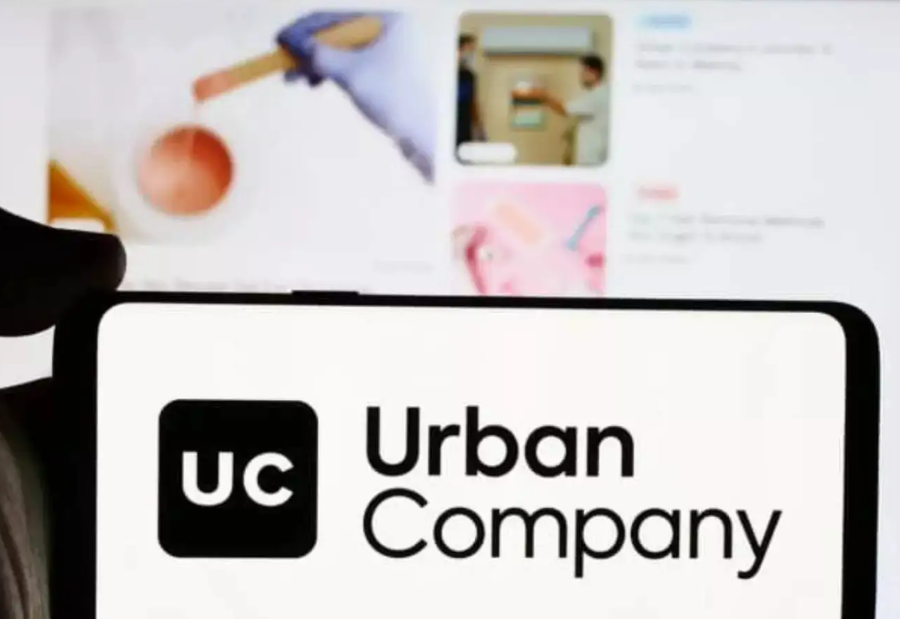The launch of Apple’s iPhone 17 has sparked a surge of online scams across the Gulf, with security experts warning that criminals are using AI to create convincing phishing websites, fake pre-order offers, and bogus competitions. These scams aim to steal money and personal data from excited buyers in the UAE and Saudi Arabia.
Researchers say these countries are prime targets due to strong spending power and early-adopter culture. Fraudsters are exploiting the excitement around Apple’s newest handset to collect credit card details, login credentials, and even national ID documents.
“Everything we see in our threat telemetry and regional reports suggests that hype launches trigger opportunistic fraud, and such scams only increase in popularity,” said Ilia Dafchev, senior security researcher.
Unlike earlier phishing attempts, these scams use generative AI to build lifelike websites, create flawless marketing copy, and bypass security controls. “GenAI allows scammers to automate scams and scale in ways not possible manually,” said James Maude, Chief Technology Officer at BeyondTrust.
Scammers are also using “real-time phishing proxies” to capture multi-factor authentication codes. When a user enters a one-time password on a fake login page, attackers relay it instantly to the real site, gaining full account access. This allows criminals to access finances, private information, or even impersonate victims.
Ivan Milenkovic, Vice President for cyber risk technology at Qualys, explained that AI removes traditional barriers, enabling criminals to strike globally and rapidly generate fake domains.
Common scams include fake pre-order sites, lotteries, and “tester” programs designed to collect personal data or payment for non-existent products. Some counterfeit sites closely mimic Apple’s official store, while others offer free iPhone giveaways requiring surveys and delivery fees that never materialize.
Experts urge consumers to verify all offers and purchases:
Buy only from authorised retailers and verify credentials.
Check domain names carefully; official partners use secure HTTPS addresses.
Use payment methods with buyer protection.
Ignore unsolicited links and promotions.
Protect personal documents and enable strong security tools, including phishing-resistant MFA.
“Cybercriminals thrive on product launches, turning excitement into a gateway for data breaches. Users must prioritise verification over impulse to stay safe,” said Tatyana Shcherbakova, Web Content Analyst.
Despite rising sophistication, awareness and proper cyber hygiene remain effective protections. “Scammers are getting more polished, sometimes aided by AI, but so are defence tools. Careful buying and informed decisions can manage risks,” Dafchev added.
Also read: Viksit Workforce for a Viksit Bharat
Do Follow: The Mainstream formerly known as CIO News LinkedIn Account | The Mainstream formerly known as CIO News Facebook | The Mainstream formerly known as CIO News Youtube | The Mainstream formerly known as CIO News Twitter |The Mainstream formerly known as CIO News Whatsapp Channel | The Mainstream formerly known as CIO News Instagram
About us:
The Mainstream formerly known as CIO News is a premier platform dedicated to delivering latest news, updates, and insights from the tech industry. With its strong foundation of intellectual property and thought leadership, the platform is well-positioned to stay ahead of the curve and lead conversations about how technology shapes our world. From its early days as CIO News to its rebranding as The Mainstream on November 28, 2024, it has been expanding its global reach, targeting key markets in the Middle East & Africa, ASEAN, the USA, and the UK. The Mainstream is a vision to put technology at the center of every conversation, inspiring professionals and organizations to embrace the future of tech.




